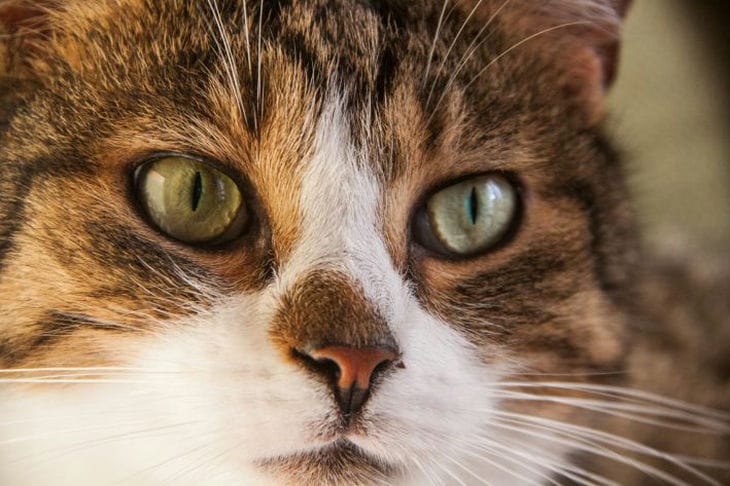Cats are mysterious creatures whose behavior is not always understood by their owners.
A pet's sudden desire for privacy can cause concern among owners.
However, there may be various reasons behind this behavior, both harmless and requiring attention.

Stress and anxiety
One of the most common reasons why a cat may start hiding is stress.
Cats are very sensitive to changes in their environment. Moving, the arrival of a new family member, renovations or even rearranging furniture can cause anxiety in the pet.
In such a situation, the cat looks for a quiet and safe place where it can feel protected.
Illness or injury
If your cat suddenly starts hiding, it may be a sign of illness or injury.
In the wild, sick or injured animals try to hide to avoid becoming easy prey.
Domestic cats have retained this instinct. If your pet becomes unusually quiet, refuses to eat, or shows other signs of illness, you should contact your veterinarian.
Pregnancy or childbirth
Pregnant cats often seek a secluded place to give birth. If your pet is not spayed and has access to the outdoors, her desire for privacy may be due to her impending labor.
In this case, it is important to provide the cat with a calm and safe place to give birth and subsequently care for the kittens.
Age-related changes
As cats age, their habits may change. Older pets often become less active and prefer to spend more time in quiet corners of the house.
This may be due to deteriorating vision or hearing, or a general decrease in energy. It is important to provide your senior cat with a comfortable place to rest.
Conflicts with other animals
If there are several animals in the house, the reason for the cat's seclusion may be conflicts with relatives or other pets.
This is especially true when a new animal appears in the house. The cat may seek shelter to avoid unwanted contact or confrontation.
Changes in the daily routine of the owners
Cats are creatures of habit, and any significant change in their owners' routine can cause them stress.
If the owners began to spend less time at home or, on the contrary, are constantly in the apartment (for example, when switching to remote work), the cat may react to this by becoming alone.
Reaction to loud sounds
Some cats are very sensitive to loud noises. Fireworks, thunder, construction work, or even loud music can cause your pet to want to hide. In such cases, the cat will usually come out of hiding when the noise stops.
Lack of personal space
Cats need their own space. If there aren't enough quiet corners or places in the house where the pet can retreat, it may start looking for secluded spots on its own.
It is important to provide your cat with several options for privacy - high beds, houses or just boxes in quiet places in the apartment.
Hunting instinct
Sometimes a cat may hide, following its hunting instinct. This is especially typical for young and active animals. The pet may "hide", watching the movement in the room or preparing for a play attack on a toy or the owner's legs.
Search for coolness or warmth
Depending on the season, your cat may seek a more comfortable temperature. In hot weather, your pet may hide in cool places, such as the bathroom or under the bed. In cold weather, your cat may seek out warm, secluded corners.








